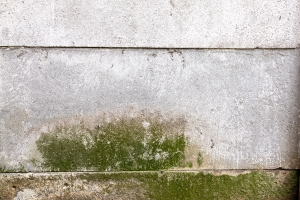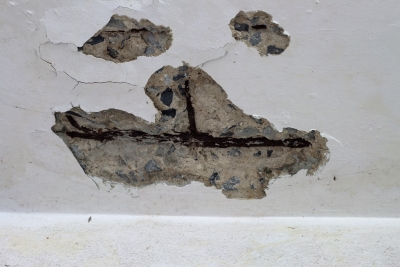DETERMINING WHETHER YOUR MOLD REMEDIATION IS COVERED BY INSURANCE
DETERMINING WHETHER YOUR MOLD REMEDIATION IS COVERED BY INSURANCE
 Household mold is a maintenance issue that must be addressed as soon as the damage is spotted. With professional mold remediation and basement waterproofing services, you can rest assured that you and your family are protected from the health dangers of black mold. When you schedule mold removal near Baltimore, it is important to consider whether your homeowner’s insurance will cover the procedure. Since many insurance policies cover black mold removal, it may be worth it to file an insurance claim. Here are some tips for determining whether your mold remediation is covered by your insurance.
Household mold is a maintenance issue that must be addressed as soon as the damage is spotted. With professional mold remediation and basement waterproofing services, you can rest assured that you and your family are protected from the health dangers of black mold. When you schedule mold removal near Baltimore, it is important to consider whether your homeowner’s insurance will cover the procedure. Since many insurance policies cover black mold removal, it may be worth it to file an insurance claim. Here are some tips for determining whether your mold remediation is covered by your insurance.
Filing a Mold Claim
When you are deciding whether your mold remediation is covered by your insurance, you should first determine if you should be filing a mold claim or a water damage claim. While some forms of mold damage are covered by insurance, others are not. When mold grows as the result of a burst pipe or other type of plumbing emergency, there is a good chance that your remediation services will be covered by your insurance.
Filing a Water Damage Claim
If your mold problem has accumulated slowly over time, you may want to consider filing a water damage claim. Water damage can be caused by slow plumbing leaks, excessive humidity, or other lingering plumbing or environmental issues in your home. If you are not sure whether you should file a water damage claim or a mold remediation claim, you can ask your local remediation for advice on the best course of action.
Determining Your Coverage Limit
When you are filing a mold remediation claim with your homeowner’s insurance, it is also a good idea to determine the coverage limit that is placed on your policy. Depending on your deductible and premium, your insurance may be able to cover some or all of the cost of your home mold removal. By working with your insurance to file a claim, you can get the most out of your mold remediation service.

